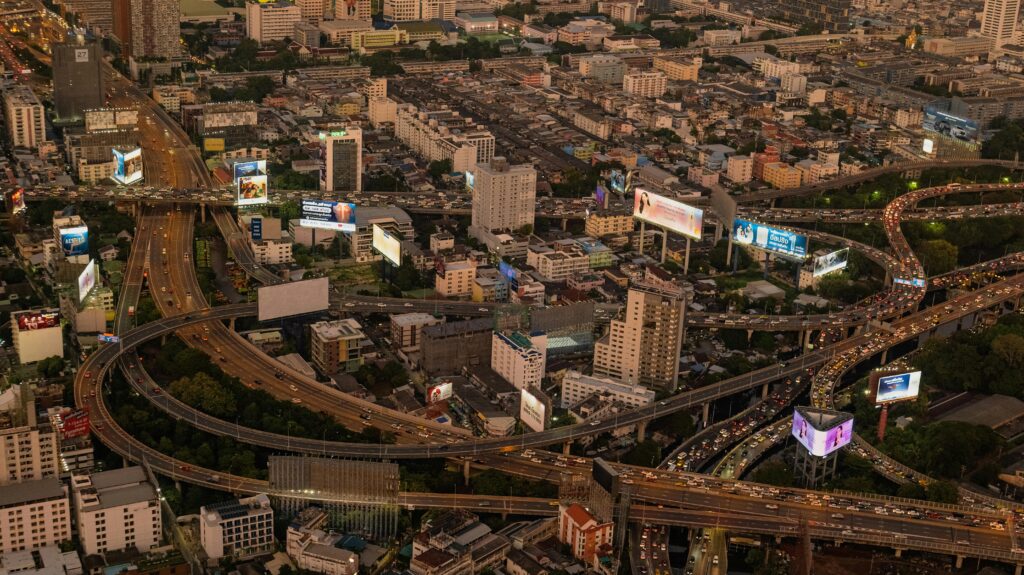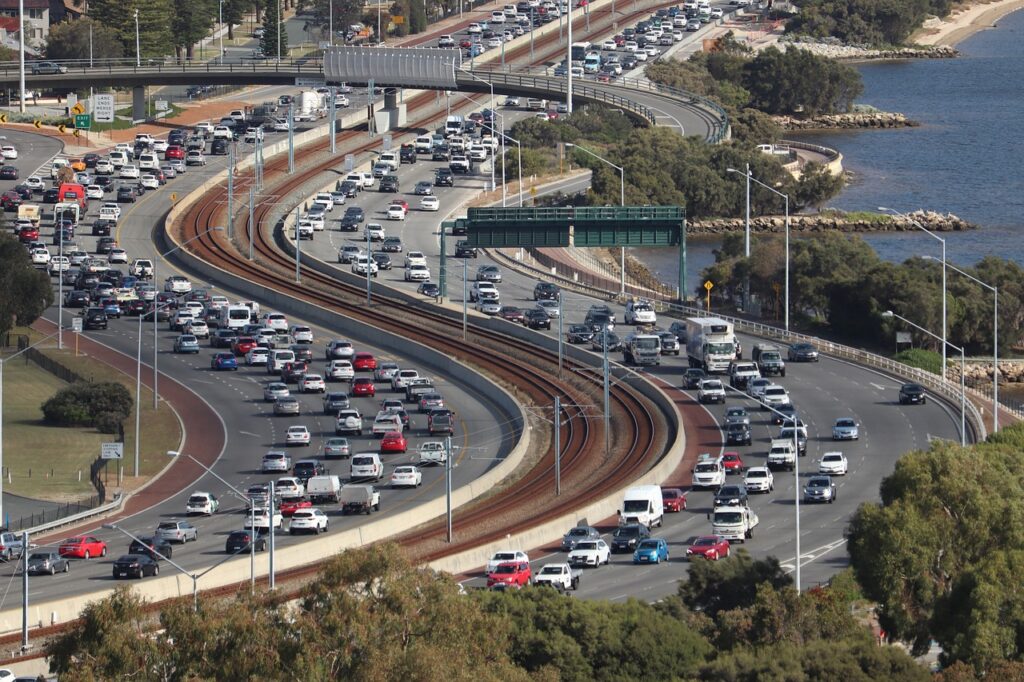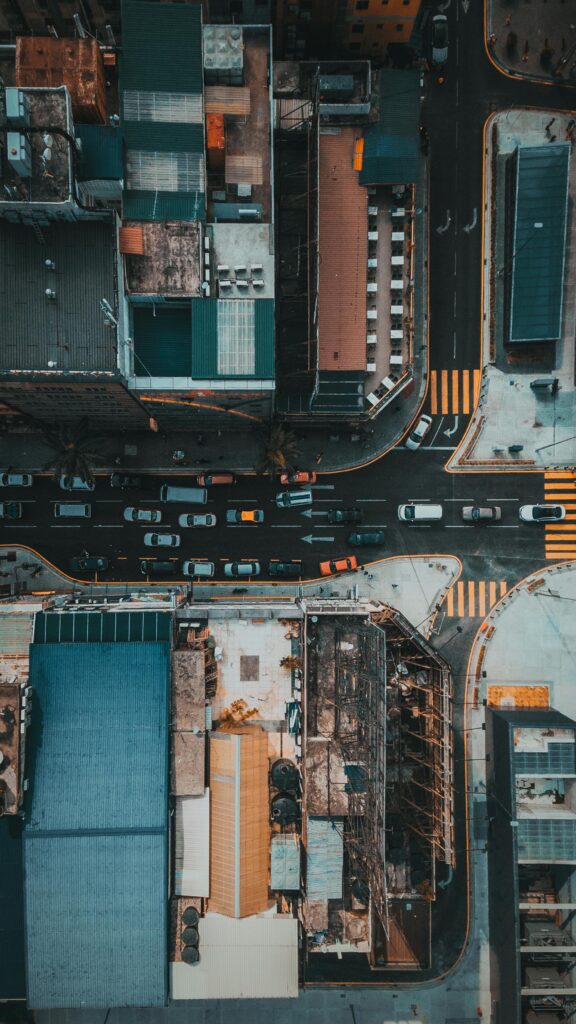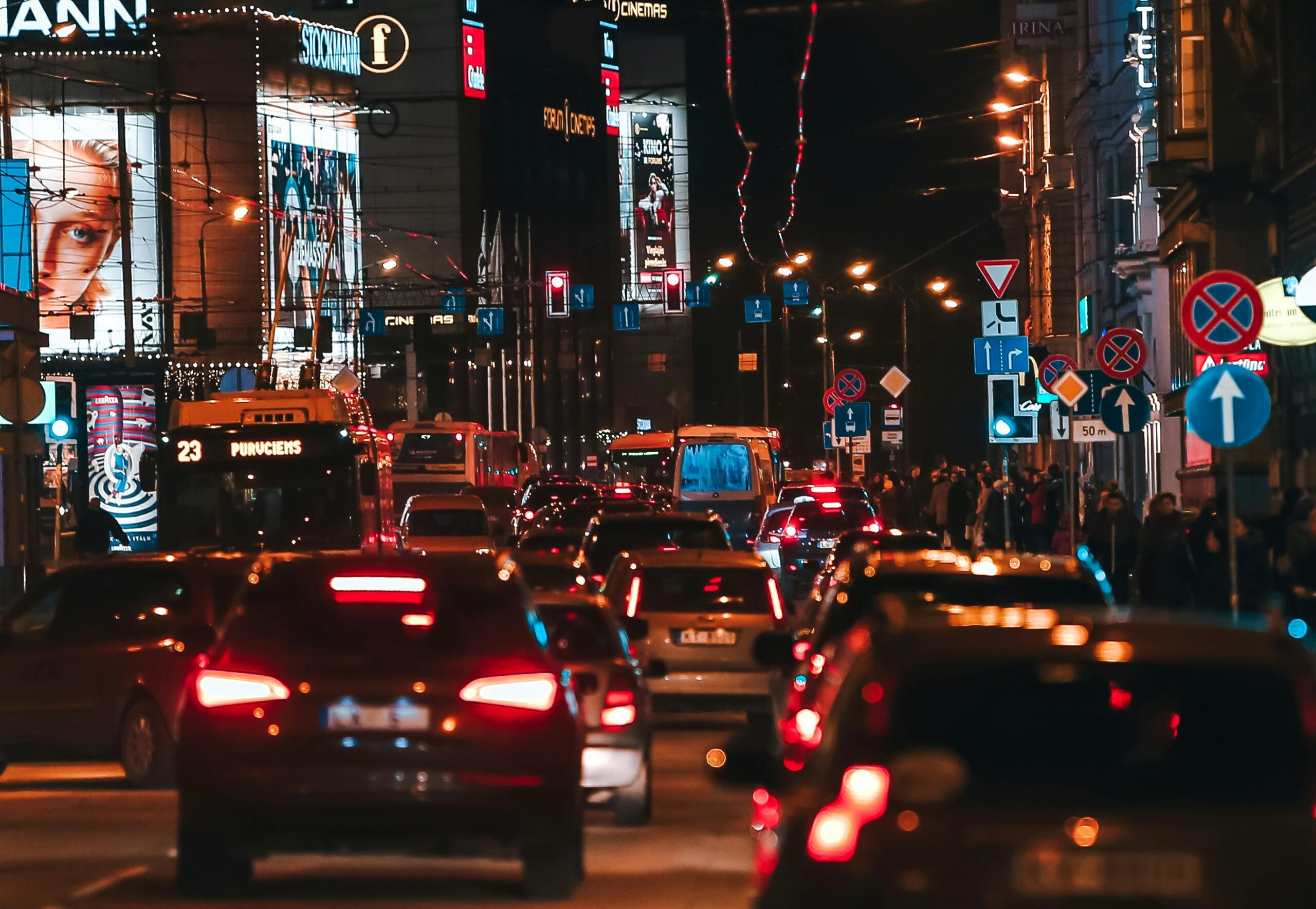Traffic congestion is a universal headache, plaguing cities across the globe. Whether it’s the frustration of endless honking or the hours wasted in gridlock, the issue is bigger than just inconvenience—it’s a drain on our wallets, our environment, and our well-being. Let’s dive into the world’s most traffic-choked cities, why this problem persists, and what innovative solutions could finally ease the pain of commuting.

The Worst Cities for Traffic Congestion in 2024
Recent data from the 2024 Global Traffic Scorecard revealed the cities where drivers endure the worst delays:
- Istanbul, Turkey: Drivers here spent an average of 105 hours stuck in traffic last year—more than four entire days.
- New York City, USA: A commuter’s nightmare with 102 hours lost in gridlock.
- Chicago, USA: Also at 102 hours, tying with NYC for the second spot.
- London, UK: Europe’s most congested city, with delays averaging 101 hours per driver.
- Paris, France: Not far behind, at 97 hours of delay per year.
These numbers underscore the immense burden traffic places on urban centers, hindering daily life and economic productivity.
The Real Cost of Traffic Congestion
Beyond the wasted time, the financial impact is staggering. In London, traffic delays cost motorists a collective £3.85 billion in 2024—averaging £942 per driver. Meanwhile, U.S. drivers collectively lost $74 billion, equating to $771 per person. These costs include:
- Wasted Fuel: Hours of idling burn through fuel, inflating costs for drivers.
- Lost Productivity: Time spent in traffic could have been used for work, leisure, or family.
- Vehicle Wear and Tear: Frequent stop-and-go traffic causes more wear on brakes, tires, and engines.

Why Are Cities Still Gridlocked?
Understanding traffic congestion requires unpacking the key factors contributing to the problem:
- Population Boom: As cities grow, so does the number of vehicles on the road. High-density urban centers like Istanbul and New York struggle to accommodate this surge.
- Poor Urban Planning: Some cities lack the infrastructure to manage traffic efficiently, with outdated road networks or insufficient public transit options.
- Economic Hubs: Thriving cities attract more commuters, both residents and visitors.
- Roadworks and Construction: While intended to improve infrastructure, ongoing projects often create temporary bottlenecks.
Bright Ideas for Breaking the Gridlock
The good news? Cities worldwide are testing innovative solutions to tackle traffic congestion:
- Congestion Charges: London pioneered this approach, charging drivers to enter high-traffic zones. New York City recently introduced its own version, aiming to reduce vehicle volumes and raise funds for transit improvements.
- Public Transit Upgrades: Cities like Paris are investing heavily in public transport. Paris has expanded its metro system and added more bike lanes, giving residents alternatives to driving.
- Flexible Work Policies: Encouraging remote work or staggered hours can spread out rush-hour traffic, as seen during the pandemic.
- Smart Infrastructure: New technologies like real-time traffic monitoring and adaptive traffic lights are helping cities optimize flow.
- Car-Free Zones: Some cities are experimenting with pedestrian-only areas to cut down on vehicular congestion and improve air quality.

FAQs About Traffic Congestion
Q: Which city has the worst traffic in the world?
A: Istanbul leads the global rankings, with drivers losing an average of 105 hours to traffic annually.
Q: How does traffic congestion affect the economy?
A: Congestion costs billions of dollars annually due to wasted time, fuel, and productivity. For example, it cost London £3.85 billion in 2024.
Q: What is the environmental impact of traffic congestion?
A: Traffic jams significantly contribute to carbon emissions, worsening air quality and climate change. Reducing congestion directly benefits the environment.
Q: What role does public transportation play in easing traffic?
A: Robust public transit systems reduce car dependency, lowering the number of vehicles on the road and easing congestion.
Q: Are there any simple solutions to traffic congestion?
A: While there’s no one-size-fits-all solution, strategies like improving public transit, introducing congestion charges, and promoting remote work can have a meaningful impact.
Traffic congestion isn’t just a nuisance—it’s a global issue that demands bold solutions. From better urban planning to embracing green transportation, cities have the tools to turn the tide. Until then, we’ll keep dreaming of smoother commutes and clearer roads.
Sources Bloomberg


